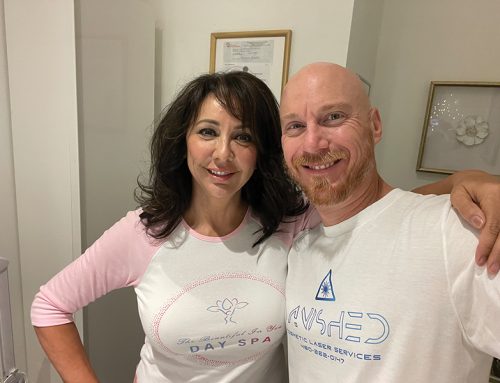Q. What is Dementia and Alzheimer’s?
In general, dementia is a decline in mental ability, such as memory loss or an inability to complete familiar tasks, serious enough to interfere with a person’s daily quality of life. Alzheimer’s disease is the most common type of dementia, accounting for 50 to 80 percent of dementia cases.
According to the Alzheimer’s Association, ”1 in 3 seniors dies with Alzheimer’s or another dementia. It kills more than breast cancer and prostate cancer combined,” making it a disease that should be treated right away if early-stage symptoms are noticed in one of your family members.
As of 2019, an estimated 5.8 million Americans are living with Alzheimer’s dementia.
There’s no one proven factor of what causes Alzheimer’s disease in people. However, the National Institute on Aging states that late-onset Alzheimer’s can arise from a series of brain changes over the span of decades which can probably include a combination of genetic factors, environmental factors, and lifestyle factors.
Q. What is Dementia?
Dementia is not a single disorder, but a group of disorders that have similar symptoms. Dementia is characterized by a steady decline in one’s mental abilities—typically related to old age. Memory loss is the most common sign of dementia, but there are other indications or warning signs. Some of the more common indicators of dementia include:
• Impaired vision and perception
• Impaired communication or language skills
• An inability to focus or pay attention
Misplacing items more frequently
Because dementia gets worse over time, someone with the disorder will need more and more assistance as it progresses. If your loved one is living with dementia, it can be emotionally draining to watch their decline on a daily basis.
Q. What is Alzheimer’s Disease?
Alzheimer’s disease is the most common form of dementia—a group of disorders characterized mostly by memory loss. More than half of all dementia cases are classified as Alzheimer’s disease. While some memory loss is a normal part of the aging process, Alzheimer’s disease is not normal and gets progressively worse over time. In addition to memory loss, Alzheimer’s causes a number of other cognitive issues. Some other noticeable symptoms may include:
• Disorientation
• Short-term memory loss
• Suspicion or paranoia about other people (including family)
• Difficulty with communication or speaking
• Behavioral or mood changes
Because the disease does get worse over time, caring for a loved one with Alzheimer’s will get increasingly more difficult. Specialized Alzheimer’s home care services can help take away some of the stress and responsibility that you may be feeling.
Q. How is Dementia and Alzheimer’s Diagnosed?
Since dementia can vary person-by-person, it can be difficult identifying the symptoms in your loved one.
However, the Alzheimer’s Association explains that in order for dementia to be diagnosed, at least two of the following core mental functions must be significantly impaired:
• Memory
• Communication and language
• Ability to focus and pay attention
• Reasoning and judgment
• Visual perception
If you notice any of these communication difficulties or behavior problems, it’s important for your loved one to see a dementia care provider right away. It’s better to catch it early than in its late-stages or when your loved one starts showing aggressive behavior.
Q. How Can In-Home Care Help with Dementia and Alzheimer’s?
When finding out that your loved one has been diagnosed with dementia, you may think that your only care option is to admit them into a nursing home – but that isn’t true.
Specialized in-home care services can help ensure your loved one’s well-being by providing safety around the house, and even develop a daily routine that they will look forward to.
Specially trained dementia-care providers will:
• Help maintain a safe environment for the client.
• Engage the client in activities that can stimulate the senses, such as music.
• Provide meals and bathing assistance.
• Support the client and family through the changing behaviors often seen with dementia.
• Customize in-home care to meet each client’s special needs – including cognitive impairment, taking into consideration his or her health and ability
• Provide care for just a few hours a week or provide full-time, in-home care
• Always offer clients and their families’ full-time peace of mind






